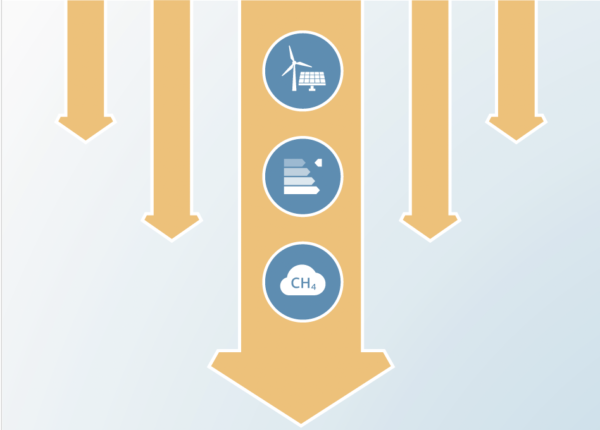Greenhouse gas accounting metrics under the Paris Agreement
Share

The commonly agreed metric to aggregate emissions and removals of greenhouse gases (GHGs) under the UNFCCC and the Paris Agreement is the Global Warming Potential with a 100-year timehorizon (GWP100). Interpreting the Paris Agreement mitigation goal expressed in its Article 4 using GWP100 is fully consistent with achieving the Agreement’s long-term temperature goal.
The GWP100 approach was adopted for reporting under the UNFCCC in 1996 following IPCC assessment of different time-horizons (20, 100, and 500 years) as balance of short, mid and long-term effects of emissions. Emphasizing the long term (500 year effects of GHGs) can result in higher rates of warming, whereas emphasizing the short-term (20 year effects of GHGs) would result in higher levels of CO2 emissions and longer term warming.
Since the Paris Agreement was adopted, new scientific concepts have been discussed, for example a recently proposed accounting metric GWP* that addresses the well-known shortcomings of GWP100 in representing the near-term warming contributions of short-lived greenhouse gases such as methane. However, great care needs to be taken when applying new metrics that appear scientifically favourable to a specific national climate policy contexts, and that discount the longer term achievement of the Paris Agreement long term temperature goal, and specifically its 1.5°C limit.
Using accounting metrics other than GWP100 can lead to fundamental inconsistencies in the Paris Agreement’s mitigation architecture. For GWP*, these inconsistencies could even undermine the integrity of the Agreement’s mitigation goals altogether by preventing it delivering net-zero CO2 emissions. Warming can only be limited by achieving net-zero CO2. Just a new metric such as GWP* does not in any way change this core scientific finding of a finite CO2 emissions budget, arguably one of the most important insights of the past decade of climate science.
The GWP* metric depends on past emissions, and hence raises questions of equity and fairness when applied to anything except the global level. Applying GWP* in the national context would benefit countries with high historic emissions and put those with low emissions - mainly developing countries - at a profound disadvantage.











